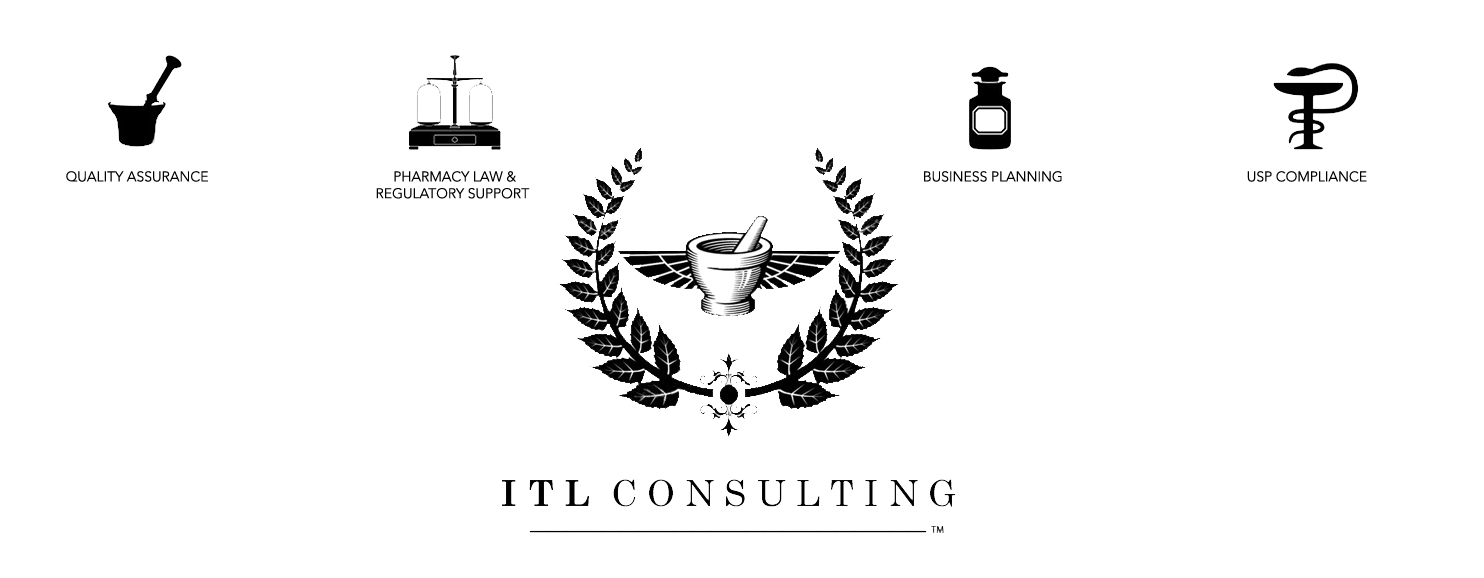Since the FDA started inspecting compounding pharmacies across the country last year, many questions have been raised regarding their source of authority and their interpretation of existing statutes. In a separate post I explained the criteria used by the FDA in deciding which pharmacies pose a threat to public safety and therefore warrant an inspection by the FDA. This post examines the perspective (which may soon change) of federal authorities, namely the FDA, based on a history of legal proceedings.
Two separate federal court rulings on the Food Drug and Cosmetic Act (FDCA) of 1938 have left the FDA arguing that their jurisdiction of pharmacy compounding is unclear. The first of these rulings did not deal with the practice of pharmacy compounding per se, but rather elements of the law pertaining to commercial speech. In 1997 as part of the Food and Drug Administration Modernization Act, Congress enacted a provision of pharmacy compounding (marketing & promotion) codified in Section 503A of the FDCA. In 2001, the Ninth Circuit Court of Appeals ruled this entire section invalid because of its unconstitutional restrictions on how pharmacy compounding was allowed to promote its business. This ruling also stated that these restrictions could not be severed from section 503A, therefore rendering the entire act invalid (for those in Ninth Circuit appellate jurisdiction).
In 2002, the FDA challenged this ruling and the Supreme Court upheld the Ninth Circuit Court's decision.
Jump to 2008, the Fifth Circuit Court of Appeals ruled that these restrictions could indeed be severed from the rest of section 503A while keeping the remainder of the law in effect.
In light of these conflicting rulings, the FDA has issued a compliance policy guide explaining how it will take action against compounding pharmacies that pose a threat to public health. The guideline essentially states the administration's interpretation of section 503A of the FDCA. Based on this interpretation a pharmacy can be identified as a manufacturer if in violation of this document based on their discretion. This has been the guiding document and reasoning behind inspecting pharmacies during the past year. Knowing inspection laws and your rights as a law-abiding community pharmacy is critical to limiting the FDA's authority over a state-regulated business in the interim prior to new legislation.
